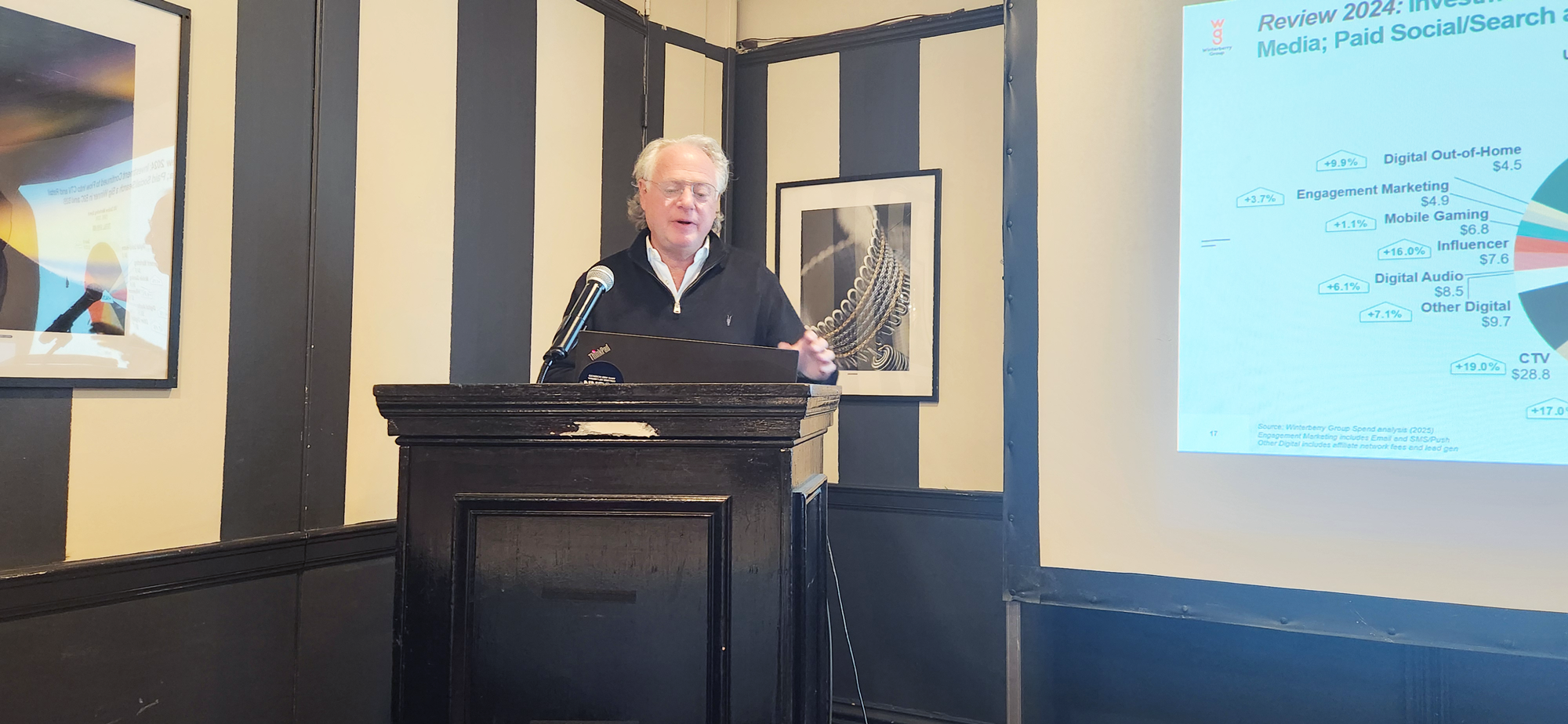
OK, I’ll admit it. I am a demand gen marketer. My entire B2B career has been about leads: lead quality and quantity, measurable marketing communications, cost per lead, conversion rates, ROI on marketing investments.
And for good reason. I was trained as a data-driven, direct-response marketer. And I’ve never seen a study that didn’t place leads at the top of the B2B priority list. So, I in the past, viewed branding as airy fairy, hard to measure. A cop out.
But I’ve seen the light. I’m the new Saul of Tarsus. What I’ve come to understand is this: Brand awareness and attitude have an equally powerful role to play in the B2B marketing function. In fact, I’d argue that building a strong and respected brand accelerates all stages of the revenue-generation process.
Let me count the ways.
1. Brand awareness opens doors.
Let’s recall trade publisher McGraw-Hill’s 1958 ad campaign touting the power brand awareness to create sales opportunities. McGraw-Hill ran an ad in Business Week that has been called “the most famous B2B ad of all time.” Its headline: Sales starts before your salesman calls, with business publication advertising. Ask any salesperson: It’s much easier it is to get an appointment when representing a well-known company.

2. Emotion plays a real part in business buying.
We like to think that B2B decision-making is all rational, based on facts, data, testing, and analysis. But remember this old saw, “No one ever got fired for buying IBM”? Buyers are human. They inevitably form attitudes and preferences about brands, quality, and the like. This is why a good salesperson will try to identify and nurture a champion in the buying committee who will help make a persuasive case to the group.
3. B2B Relationships are based on trust.
Business buyers seek a long-term relationship with their vendors. Trusted, reliable partnerships are essential to a company’s ability to delivering value to its own customers. What are you going to do if your parts don’t arrive on time or the material quality is poor? I rest my case.
But let’s remind ourselves that brands aren’t built by marketing communications alone. In fact, a trusted brand is established in the mind of the customer from experience—interactions, recommendations, stories, conversations—touchpoints built up over time. Positive experiences build trust and help cement a business relationship. Without trust, one bad experience can destroy it.
The good news, though, is that this means brand building is the job of everyone in the firm. Marketing creates the brand promise and positioning. Lead generation and advertising communicate both out to the market. Customer service and sales ensure the company delivers on the brand promise.
Let us B2B marketers take up the challenge of ensuring a positive customer experience across the entire breadth of the customer relationship. That’s our mission, should we decide to accept it.
About the Author

Ruth P. Stevens, past president of DMCNY, consults on B2B marketing and teaches marketing at NYU Stern and other business schools here and abroad. Reach her at ruth@ruthstevens.com








